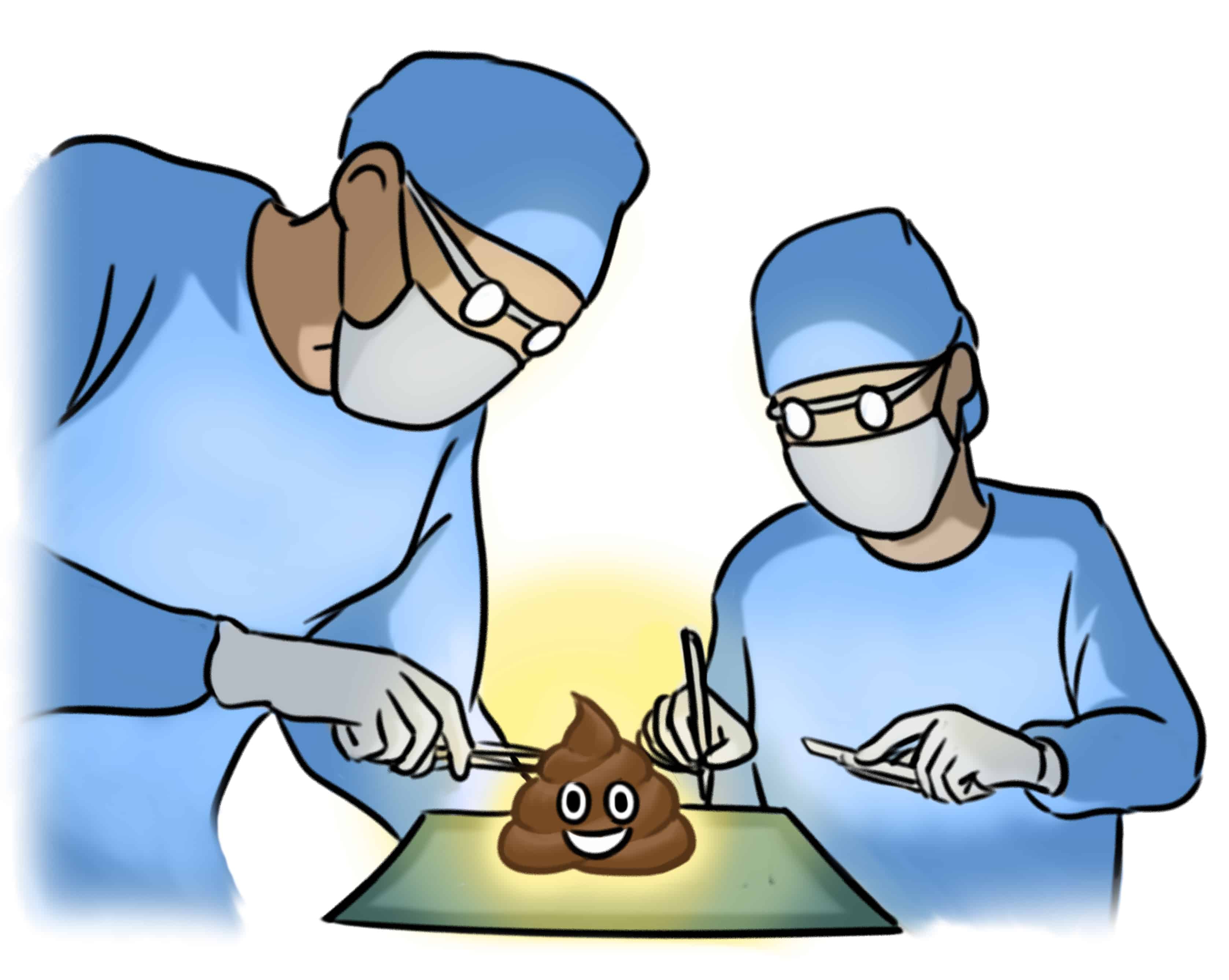Unappealing as it may sound, the idea of having a healthy donor’s stool injected into the body of a patient has proven to be tremendously effective in curing a number of gut-related diseases and has been the subject of a vast amount of research.
Recently, University of Toronto researchers Drs. Kenneth Croitoru and Andrew Paterson have focused their research on this relatively new approach to curing disease. While their research focuses specifically on combatting obesity, the method of stool transplantation has also been effective in treating other conditions, such as anorexia and exterminating a bacteria known as Clostridium difficile, or C. diff, an infection in the intestine.
The new study, published recently in Nature Genetics involved 1,500 healthy people. The researchers found four genetic markers that appeared to be associated with changes in gut microbiome. This suggests that genes play a key role in the development of obesity.
The team has just received $1.5 million from the federal government to continue their research. If this study is successful, it could provide obese people with an alternative to costly and risky weight loss surgeries.
Instrumental to stool transplants as a treatment is the idea that transplanting a healthy donor’s stool can help reconstruct the microbiology in patients suffering obesity. This is because according to Croitoru and Paterson’s research, people with obesity have different intestine bacteria than non-obese people.
Microorganisms living in the gut play a key role, by affecting hormones that affect insulin sensitivity and the amount of calories absorbed from food. By introducing healthy bacteria into the intestines of obesity patients, their bodies can better learn to absorb food more efficiently and help them shed weight in the process.
Croitoru and Paterson’s study follows recent initiatives in this field. Studies preceding theirs have shown that when mice are raised in clean environments where they cannot develop gut bacteria, and are then fed stool from obese mice, they put on weight. The study supports the idea that once the stool has been injected, it will be effective in changing the microbiology of the guts, helping people shed weight.
The process involves first extracting stool from obese patients and feeding it to germ-free skinny mice, to see if it would increase insulin resistance or make the mice increase weight. The same stool, in a course of a few months, would then be fed to the fat mice, in the hope that they would not gain weight. If the process is successful, the stool can then be used for human patients.
Due to recent success revolving around this unconventional and — let’s face it — cringe-inducing, approach researchers are beginning to take it more seriously. According to some studies, fecal transplants are more effective in clearing up recurring bacteria in the intestines than routinely prescribed medication. When tested against C. diff, researchers saw a 94 per cent cure rate.
Stool samples are collected from healthy individuals who receive compensation. Mark Smith, Co-founder and Research Director of non-profit stool bank OpenBiome, provides some insight as to how the process of stool sample collection actually happens: “We have a three-step process for becoming a donor. Overall, the pass rate is about 4 per cent, so it is about twice as hard to become a donor as it is to get into Harvard. So you go through a 109 point clinical assessment. If you clear that — and most people don’t — then you go on and bring in a stool sample, and if you pass that, then you go in and get a blood draw. Because we invest quite a bit of time and money in finding donors, we pay the donors 40 bucks a sample.” The samples collected are then monitored and passed on to clinics for use in medical procedure.
The method is already beginning to help treat individuals, to the point that it has even been referred to as the ‘miracle solution.’ In the near future, solving some of medicine’s toughest problems may be as simple as swapping stools.


